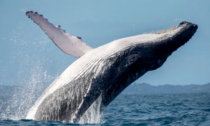
Unregulated mining in the deep sea should not be allowed to go ahead, the head of the United Nations has warned. “The deep sea cannot become the Wild West,” UN Secretary General António Guterres said at the opening of the UN Oceans Conference in Nice, France. His words were echoed by French President Emmanuel Macron, who declared the “oceans are not for sale”.
The remarks appear to refer to the decision by President Trump in April to begin issuing permits for the extraction of critical minerals in international waters.
There is increasing interest in extracting precious minerals from what are called metallic “nodules” that naturally occur on the seabed.
But marine scientists are concerned about the harm that could be caused.
“The ocean is not for sale...
Read More

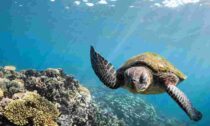
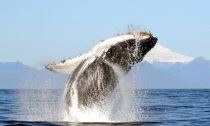
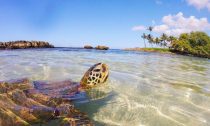
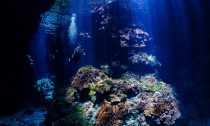



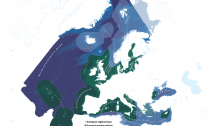


Social Profiles